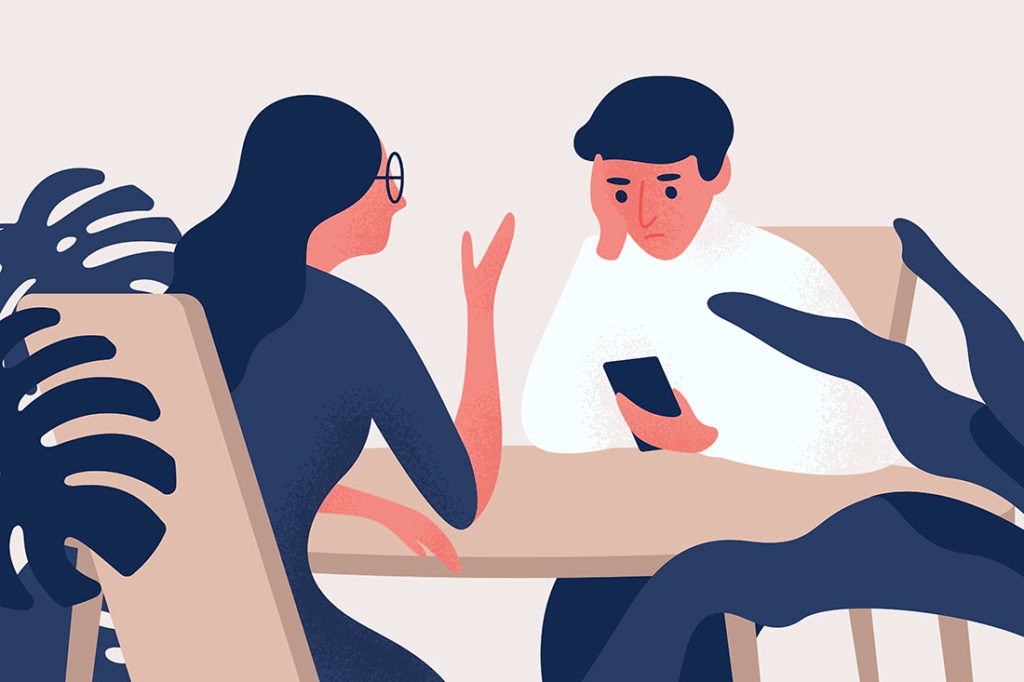Preventing Harmful Relationships: Protect Your Child Now

The responsibility for protecting our children from all potential harm falls onto parents. This includes preparing them for relationships and educating them on identifying and avoiding unhealthy relationships. Unfortunately, young people can be easily influenced and manipulated by those who wish to harm them. Children mustn’t be put in a position where they may experience emotional or physical trauma due to harmful relationships.
Read More: 4 Lifestyle Changes for a Healthier You
What Is a Harmful Relationship?
A harmful relationship is one in which a person experiences physical or emotional abuse, manipulation, control, or coercion. Often, the abuser is a trusted friend or confidant of the family. This partly explains the level of abuse witnessed in various congregations. In situations where a clergyman is an abuser, knowing where to get support can be difficult. However, there is support for victims and their families, and a clergy abuse attorney can offer legal advice and represent you in court.
Such relationships can be destructive and even deadly to those involved. Moreover, the effects of such relationships can last for a long time, making it important for parents to protect their children from being exposed to them.
Parents must know that the signs of an unhealthy relationship may not always be obvious. Subtle changes in behavior, such as becoming more withdrawn or secretive, might indicate something is wrong. Parents should also look out for any indication of physical abuse, such as bruises or other injuries. Talking openly with their kids about healthy relationships and warning signs can help parents identify potential issues before they become more serious. Parents should also pay attention to who their children are spending time with and who they are talking to online.
Warning Signs of Harmful Relationships
It is essential to be aware of the warning signs of a harmful relationship so that you can intervene before any harm comes to your child. Signs may include sudden changes in behavior or attitude. Further signs include unexplained bruises, withdrawal from activities they used to enjoy, secretive interactions with someone who does not have their best interests at heart, obsessive checking of phones for messages, or spending excessive amounts of time alone with someone.
Strategies for Prevention
Here are some key strategies for prevention that you can use as a parent to help protect your child from entering into an unhealthy relationship.
- First, set expectations early on with your child about a healthy relationship. Make sure they know that any kind of physical or emotional abuse is not acceptable in any form. Teach them the importance of boundaries, communication, and respect when interacting with others. Encourage them to talk openly about how they feel in their relationships and provide support if needed.
- Second, monitor your child’s online activity by regularly checking their phones or social media accounts. Keep tabs on who they interact with and talk to your child about the importance of privacy and discretion.
- Third, be upfront with your child about what they can do to help if they see someone being mistreated or abused.
It is important to remember that it is never too early to start teaching your children about healthy relationships and how to protect themselves from harmful ones. Parents must be aware of their child’s relationships, even if they are still young, and educate them on unacceptable behaviors. Open conversations and resources, such as counseling, can help children recognize the warning signs of a damaging relationship before they get too deep.









